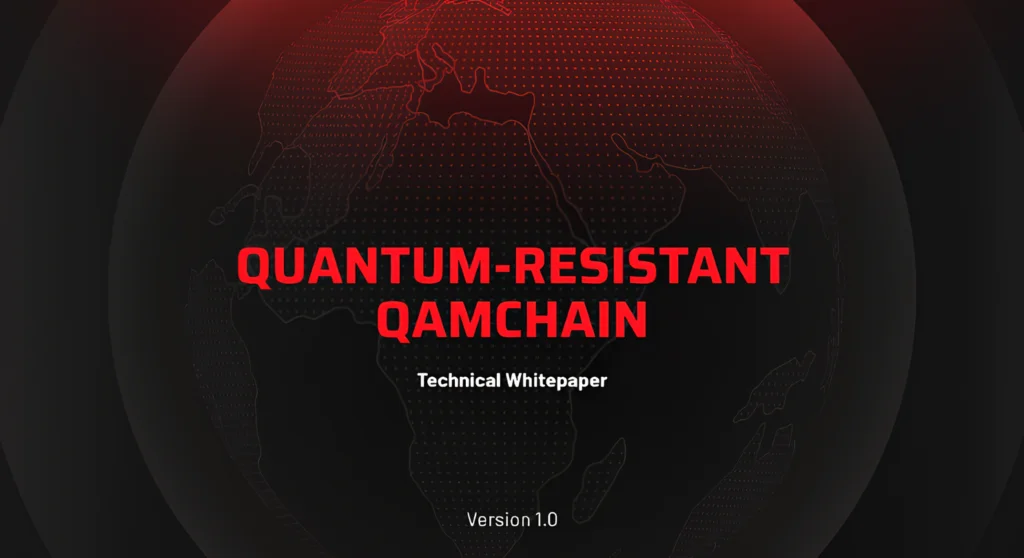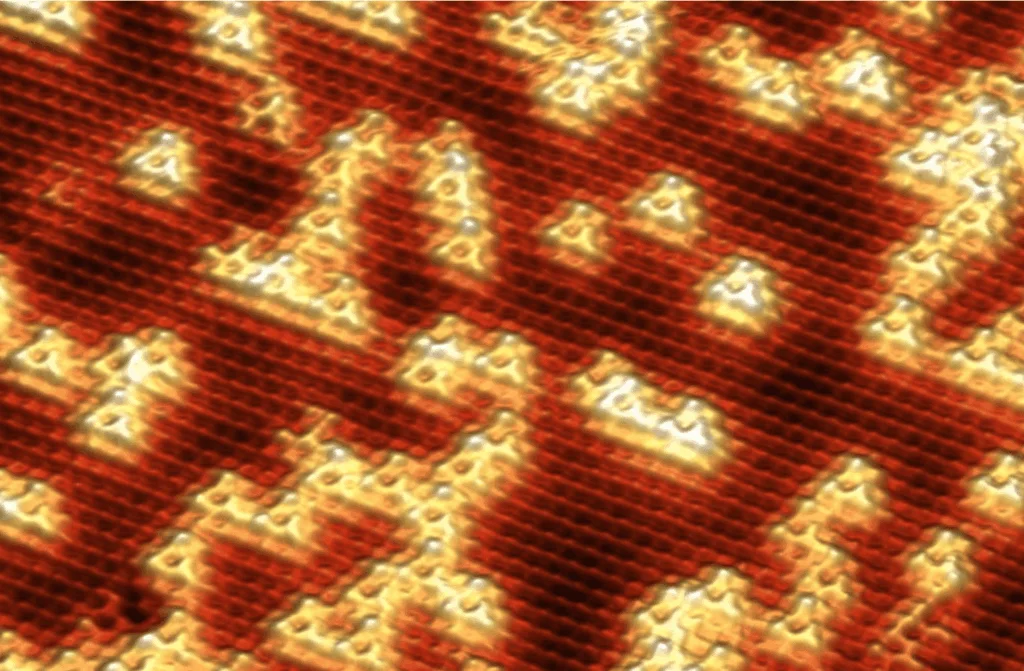The number of China’s quantum patent applications has jumped nearly six times in two years, according to The China Daily.
The newspaper reports that the number of these applications submitted by Chinese companies grew from 137 in September 2020 to 804 by October 2022.
The paper reports that this is a considerable surge that matches the increased interest and awareness in quantum, while adding that China is still behind many other countries in quantum IP creating. In fact, the paper points out that IBM produced more patent applications for quantum devices — 1,323 — than China. Google and D-Wave came close to matching the country’s production with 762 and 502 quantum applications, respectively.
The growth, however, of Chinese companies developing quantum-related patents has been blazing. Tencent is one of the companies leading the way for quantum computing patents. It has produced 93 patent applications for quantum, which is up from just two in 2020.

Origin Quantum, a quantum computing company established in 2017 in the Hefei National High-tech Industry, has filed 234 patent applications. It is ranked first in China and sixth in the world for quantum patents.
Other Chinese companies listed among the top 100 include such tech giants as Baidu, Huawei and Alibaba.
Guo Guoping, a professor of quantum computing at the Hefei-based University of Science and Technology of China and chief scientist of Origin Quantum, said that Origin’s growth means it has replaced Intel in sixth place since the 2020 list was released. Guoping said there is still room to improve.
“But I don’t think Origin has really surpassed Intel in quantum computing technology, and we still have a long way to go to catch up with such extraordinary companies as Intel and United States tech giant IBM,” the scientist told The China Daily.
A patent applicant may need to refer to related previous patents for a new application, so patent citation is an important indicator in measuring the value of existing patents, according to He of the China Computer Federation.
Origin is also a top-ten leader in citations, another key metric to show patent importance. The company had 133 patents cited, making it 10th for patent citation among the 100 companies, said He Ruijun of the China Computer Federation .
Guo, the Hefei professor, expects that although it might take about 20 years to develop an all-purpose quantum computer, quantum computing itself will have competence in solving specific and practical problems concerning people’s lives and industrial production in three to five years.
The China Daily’s report is based on Global Quantum Computing Technology Patent Filings Ranking List (Top 100), which covers companies from 18 countries and regions, with the United States accounting for 40 percent, China for 15 percent and Japan for 11 percent. IncoPat Global Patent Database and intellectual property media platform IPR Daily released the list.
If you found this article to be informative, you can explore more current quantum news here, exclusives, interviews, and podcasts.














